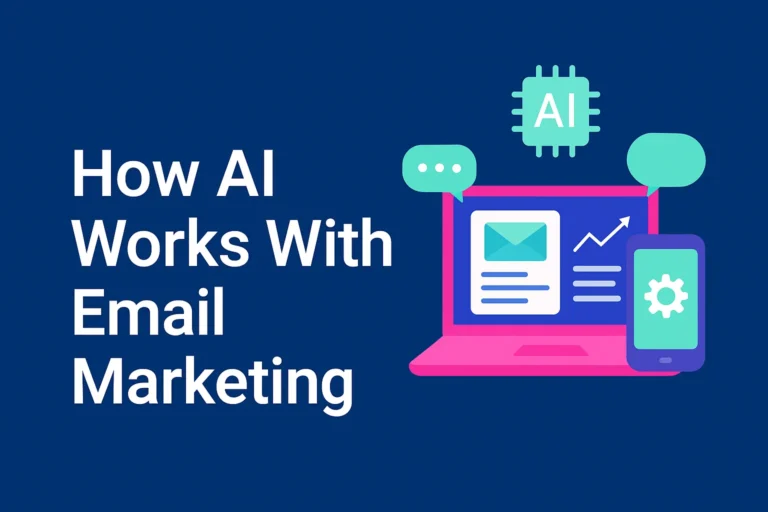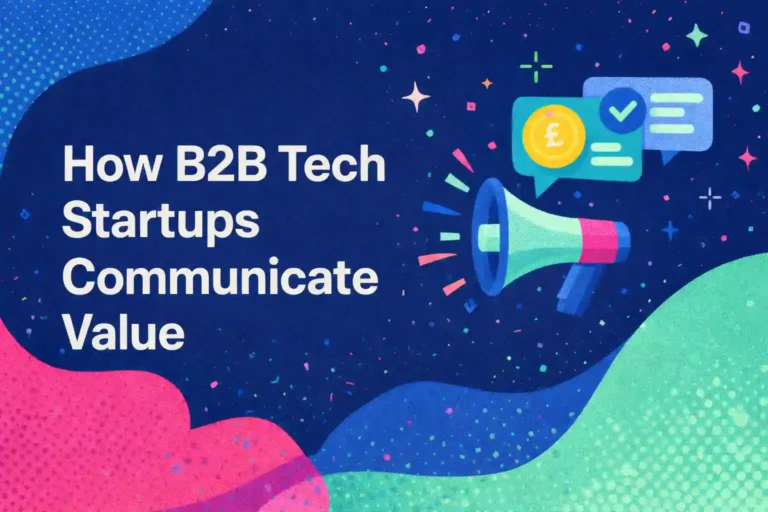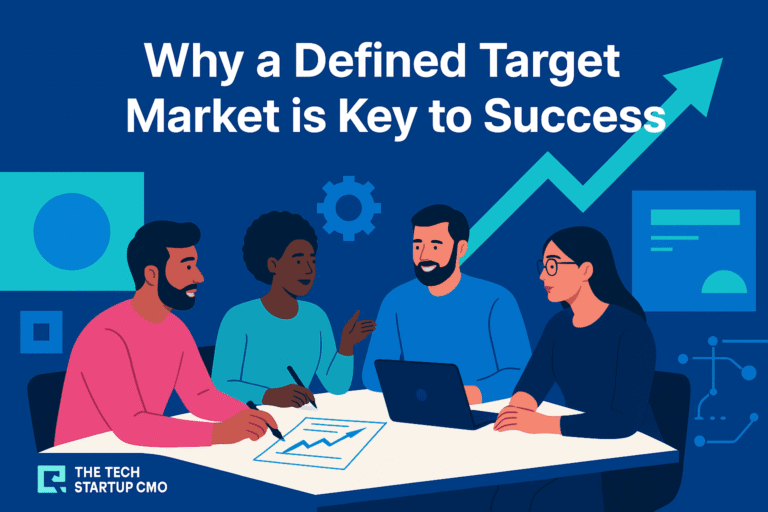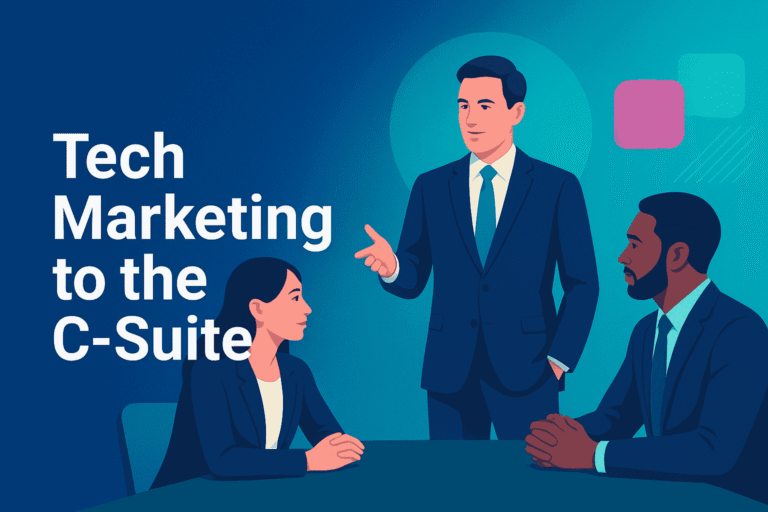The Journey of Resistance and Triumph…
Launching a B2B tech startup is one of the most challenging, exhilarating and transformative journeys an entrepreneur can undertake. Amid the chaos of building a product, finding customers and refining business strategies, the reception from the outside world often feels underwhelming at best or downright ruthless once competitors have you in their sights. If ever there was a commercial endeavour akin to sailing a rubber dinghy in shark infested waters, then this is it. For the 10% of startups that manage to survive, many challenges will need to be overcome. Even then, success is never guaranteed.

The Fight is Real
The startup endeavour is best summed up by the timeless quote attributed to Mahatma Gandhi, “First, they will ignore you, then they will laugh at you, then they will fight you, then you will win.” This accurately captures the stages of resistance that must be endured and that every disruptive startup will face, before eventually achieving success. Although Gandhi was focused on wrestling national independence for India from the British, his battle for freedom aligns well with the stages a new business will pass through before establishing itself as a self-sustaining venture. By understanding these phases, startups can better prepare for the trials ahead and persevere through the journey.
Stage One: “First, They Will Ignore You”
At the outset, most B2B tech startups are met with indifference from the market, potential employees, investors and industry analysts. It may feel like the entire world is against you when you have almost no supporters. Despite pouring time, energy and resources into crafting an innovative tech product or service, you may find that the market pays little attention. This isn’t a reflection of your startup’s potential but rather a natural consequence of breaking into a noisy, crowded world. Established companies dominate mindshare, and potential customers often stick with what they know. Changing all of that takes time.
During this stage, it’s easy to feel invisible and question whether your idea has merit but being ignored isn’t failure. The lack of a visible profile is something every startup must overcome and is in fact an important stage that presents an opportunity. This is when you must focus on perfecting your product, understanding your target audience, crafting your brand messaging and building relationships with early adopters. These quiet moments allow you to experiment, learn and refine without the intense scrutiny that comes with high visibility. Persistence and patience are key to emerging from this stage.
Stage Two: “Then They Will Laugh at You”
When your startup begins to gain some attention, don’t be surprised if the reception includes scepticism, mockery or even outright dismissal. Competitors and traditionalists often ridicule newcomers, especially when innovative solutions challenge the status quo. Early critics laughed off cloud computing or digital advertising platforms before they became the bedrock of modern business. For a B2B tech startup, this stage may involve naysayers doubting your business model or your ability to deliver and scale. Detractors might label your solution as “a niche idea” or “unnecessary.”
The laughter can come from potential clients unwilling to take the risk of adoption or industry insiders who dismiss your tech as novel and the business as inexperienced. This is a critical stage for startups to double down on vision and resilience. Lean on feedback, even negative comments, to improve your offering. Early wins with adventurous customers can provide proof points, gradually turning any ridicule into respect. Remember, they’re laughing because competitors fear you, and target customers don’t yet understand your value. By staying focused and investing in executing a marketing plan, your efforts will transform into success that will change everything.
Stage Three: “Then They Will Fight You”
If you persist and begin to gain traction in the market, the laughter soon turns into resistance. Competitors, once dismissive, now see your early success as a genuine threat, and this is when their attitude towards you can become more threatening and sinister. Established players may launch aggressive countermeasures, such as undercutting prices, spreading doubt about your solution or even trying to replicate your innovations. In some cases, they might attempt to acquire your company outright, not to nurture your growth, but to neutralise you as a threat. It’s not uncommon for aggressive competitors to resort to all manner of dirty tricks. You may even receive threatening legal letters, demanding you cease and desist commercial operations that infringe some fictitious right that cannot be substantiated.
This stage is a battleground, where strategic focus and customer loyalty are your greatest weapons. It helps if you anticipate there will be pushback and prepare by building robust support systems, improving customer service, expanding product features, developing a strong company culture and crafting legal rebuttals. Your sales team will need ready-made de-positioning statements to use in competitive bids. You must stand true to your vision to weather the storm. Advocacy from satisfied clients and partners can become your best defence. In these difficult times, it’s important to remember that resistance also serves as validation. If competitors are fighting you, it means you’re making an impact. While the struggle can be intense, it’s also a signal that your startup is shifting from unknown outsider to recognised contender. Wear it like a badge of honour.
Stage Four: “Then You Will Win”
Victory in the startup world doesn’t come overnight, it requires long-term commitment with tenacity, frequently demonstrated as obsessive persistence. Winning, in this context, doesn’t necessarily mean becoming the dominant market leader, it could be as simple as creating a sustainable and growing business with happy employees and customers. If you have carved out a strong, profitable niche or been recognised as a market player, then chances are your business is in a good place. Your early detractors may eventually adopt or integrate your innovations, as the market and industry commentators begin to view your business as a legitimate force.
Winning often looks like achieving critical milestones, such as sustained revenue growth, a solid customer base or strategic partnerships with larger organisations. At this stage, your brand begins to carry credibility and your solution has proven its value to the market. Importantly, winning is about staying true to the strategic vision that brought you through the earlier stages while remaining agile enough to adapt to new challenges. The journey doesn’t end here, and continued success requires vigilance, innovation and a commitment to your mission. This stage is where the groundwork starts paying off, and the recognition of your efforts feels most rewarding. Although there is no doubt that there will be even bigger challenges ahead.
Lessons From the Gandhi Paradigm
Through the ages, we have frequently seen new ideas in all spheres of human advancement face overwhelming and often crippling ridicule, only to be fully accepted and adopted later. The Gandhi paradigm serves as a reminder that resistance and scepticism are natural parts of innovation and are obstacles to be faced head on, not shied away from. For B2B tech startups, this highlights the importance of resilience, focus and adaptability through each stage of growth. You must embrace the reality that success is rarely linear and that every dismissive comment or competitive pushback is evidence of progress. The challenges your startup will face and overcome will only make you stronger.
5 Effective Strategies When Launching a B2B Tech Startup
- Target early adopters by focusing on customers who are willing to take risks and try new things. Their feedback and testimonials will be invaluable.
- Build a strong team that shares your vision and thrives when working in ambiguity, undeterred by moments of doubt or external resistance.
- Embrace feedback, using criticism to sharpen your product and messaging.
- Celebrate milestones to maintain morale and show stakeholders that progress is being made.
- Prepare for resistance by having contingency plans for competitive threats, whether they’re pricing wars, smear campaigns or legal challenges.
Gandhi’s Inevitable Outcome
Success for B2B tech startups means navigating choppy and uncharted waters, often with unfriendly entities lurking beneath ready to swallow you whole. But as Gandhi’s wisdom reminds us, every stage of resistance is part of your path to victory. Never relent, and keep pushing forward regardless, as you might find that what once seemed almost impossible, with perseverance and commitment, becomes inevitable.
You may want to read: “Why B2B Tech Startups Must Invest in Marketing.”







